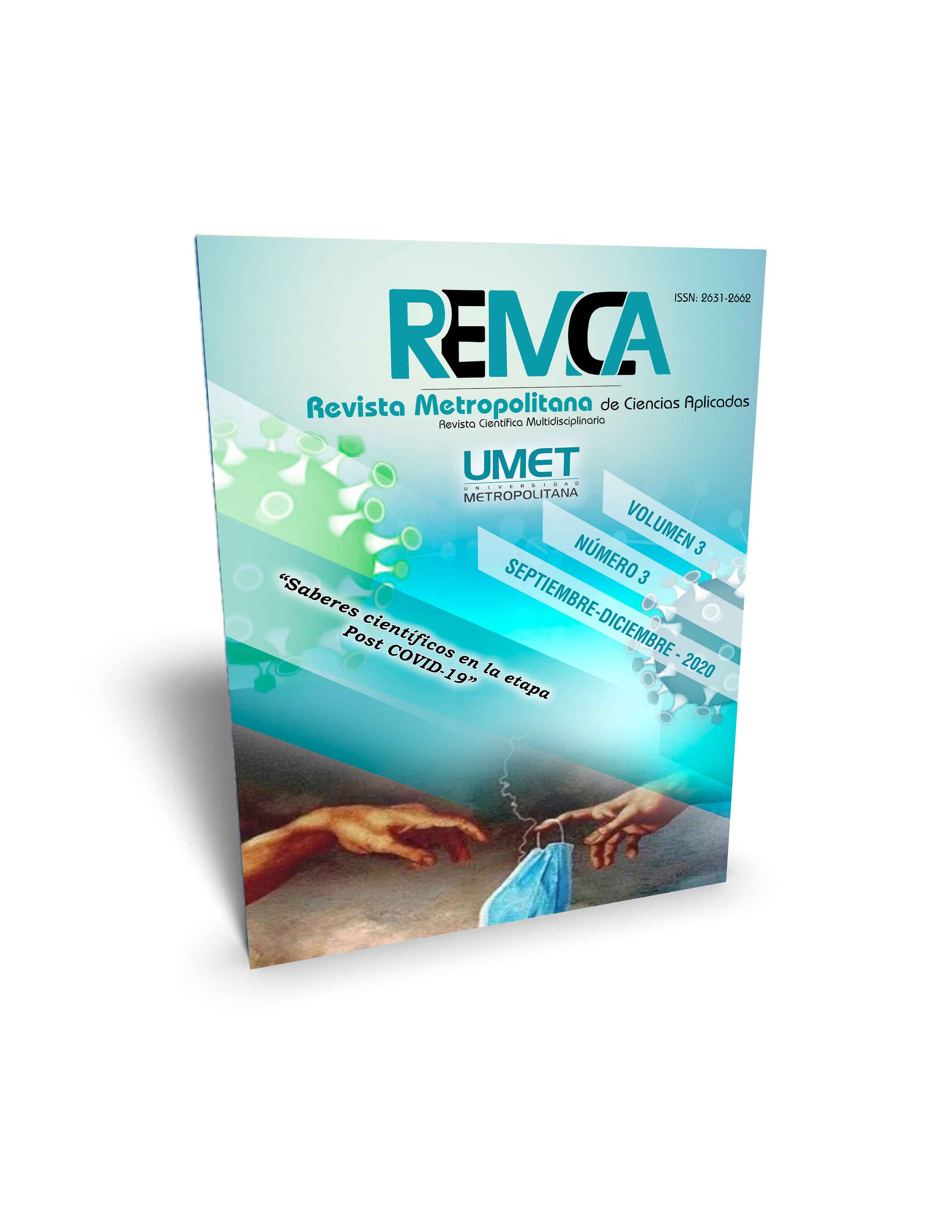Some considerations on the social impact of scientific-technological development in the teaching of english at the current cuban university
DOI:
https://doi.org/10.62452/qxp8fq37Keywords:
Social impact, scientific-technological development, teaching, englishAbstract
The progress of scientific-technical progress constitutes one of the most influential factors in contemporary society, its proper use contributes to the development of learning systems in accordance with the educational needs of learners, since education, by its very essence, constitutes a social process. In this context, inescapable projects integrate the English language as an instrument of communication, as well as the appropriate use of technologies such as access and information processing. This work aims to assess the social impact of scientific-technological development in teaching English at the current Cuban university.
Downloads
References
Ayala Héctor, Y. (2017). Impacto social de las TICs en la enseñanza de las lenguas extranjeras. Didáctica de las Lenguas Extranjeras. http://www.didacticale.unlu.edu.ar/sites/www.didacticale.unlu.edu.ar/files/site/ARTICLE%20cubana.pdf
López de la Madrid, M. C. (2007). Uso de las TIC en la educación superior de México. Un estudio de caso. Apertura, 7(7), 63-81.
Núñez, J. (2010). Universidad, conocimiento e innovación. Editorial Universidad de La Habana.
Rodríguez, R. (2000). Introducción a la informática educativa. Editorial Pueblo y Educación.
Salaberry, M. R. (1996). A theoretical foundation for the development of pedagogical tasks in computer mediated communication. CALICO Journal, 14(1), 5-34.
Downloads
Published
Issue
Section
License
Copyright (c) 2020 Yaneidys Maya Rosell (Autor/a)

This work is licensed under a Creative Commons Attribution-NonCommercial-ShareAlike 4.0 International License.
Authors who publish in Revista Metropolitana de Ciencias Aplicadas (REMCA), agree to the following terms:
1. Copyright
Authors retain unrestricted copyright to their work. Authors grant the journal the right of first publication. To this end, they assign the journal non-exclusive exploitation rights (reproduction, distribution, public communication, and transformation). Authors may enter into additional agreements for the non-exclusive distribution of the version of the work published in the journal, provided that acknowledgment of its initial publication in this journal is given.
© The authors.
2. License
The articles are published in the journal under the Creative Commons Attribution-NonCommercial-ShareAlike 4.0 International License (CC BY-NC-SA 4.0). The terms can be found at: https://creativecommons.org/licenses/by-nc-sa/4.0/deed.en
This license allows:
- Sharing: Copying and redistributing the material in any medium or format.
- Adapting: Remixing, transforming, and building upon the material.
Under the following terms:
- Attribution: You must give appropriate credit, provide a link to the license, and indicate if any changes were made. You may do this in any reasonable manner, but not in any way that suggests the licensor endorses or sponsors your use.
- NonCommercial: You may not use the material for commercial purposes.
- ShareAlike: If you remix, transform, or build upon the material, you must distribute your creation under the same license as the original work.
There are no additional restrictions. You may not apply legal terms or technological measures that legally restrict others from doing anything the license permits.




